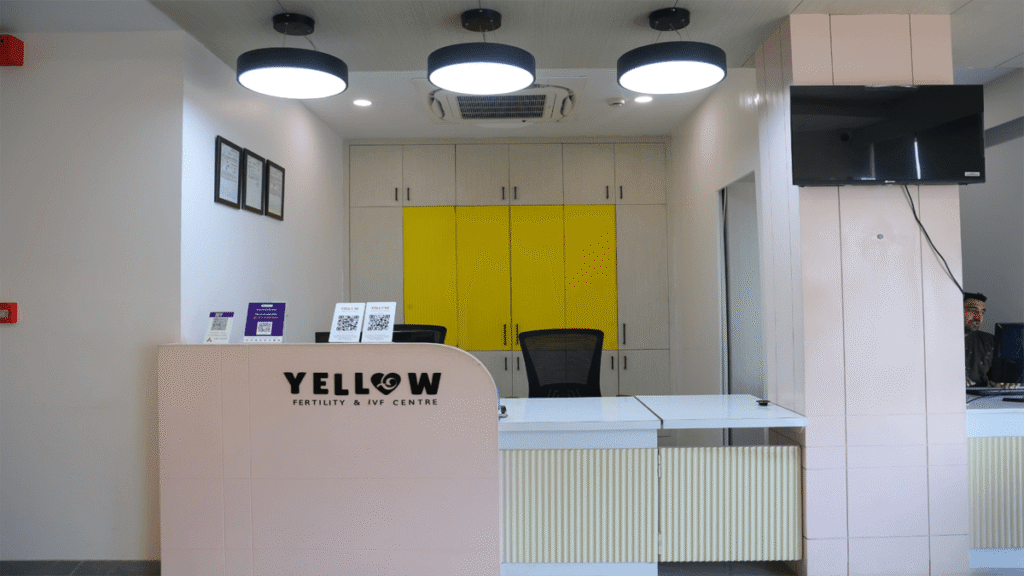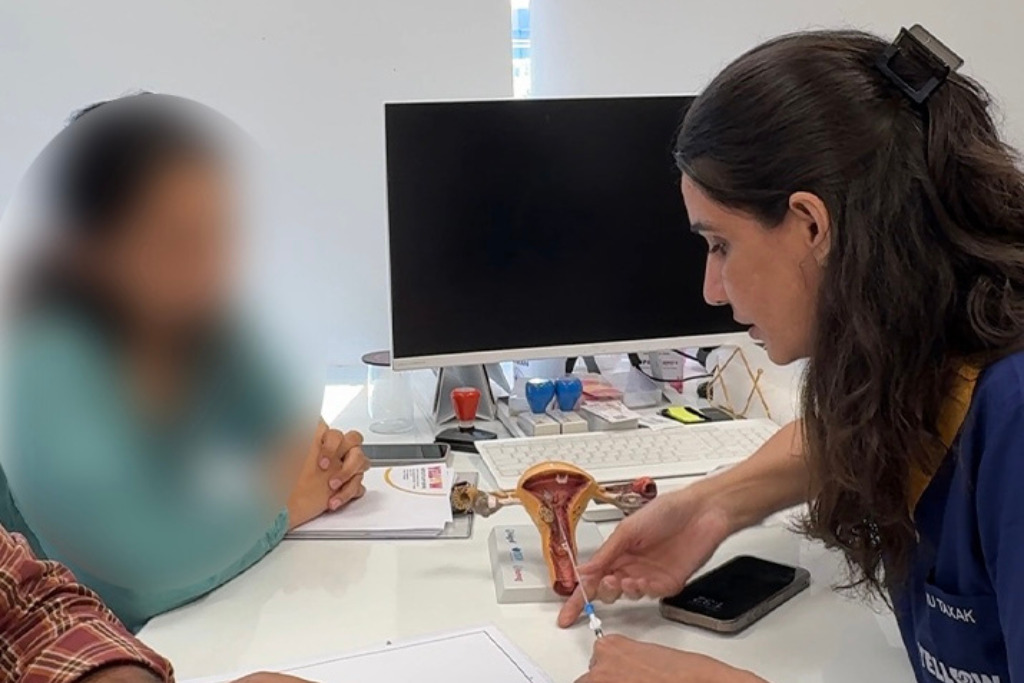IVF provides hope to couples struggling to conceive naturally. It has become a beacon of possibility for people facing infertility issues across the globe. With nearly one in six couples dealing with infertility, it’s crucial to have access to clear, reliable information for those considering IVF as a solution. However, one of the biggest deterrents for many is the cost of IVF treatments. Since there is no fixed price for the procedure and it often requires multiple cycles the process can be heavy on the pocket. The pricing can vary greatly depending on individual cases, the clinic’s approach, and the type of IVF treatment recommended. That’s why cost transparency and the quality of care provided by the clinic go hand in hand and should never be compromised. Finding a certified and experienced IVF doctor in Gurgaon isn’t always easy, but this article will help you better understand the costs involved and the treatment options available information that’s essential before taking the next step.
Understanding the Cost of IVF Treatment
India’s fertility treatment landscape is evolving rapidly, driven by rising demand, greater awareness, and technological advancements. According to FemTech India, the Indian Fertility Market is growing at a CAGR of 16.45%. Factors contributing to this growth include delayed parenthood due to career priorities, lifestyle-related infertility, and an increasing number of people seeking expert care. The cost of IVF varies based on several medical and non-medical factors: location, clinic reputation, and case complexity are just a few.

Breakdown of Basic IVF Cycle Costs
- Initial Consultation & Diagnostic Tests: This includes your first doctor visit and tests like hormone assessments, semen analysis, and ultrasounds to evaluate your case.
- Ovarian Stimulation Injections: Depending on your treatment plan, this phase involves hormonal medications to stimulate egg production.
- Egg Retrieval & Fertilization: Surgical collection of eggs and the fertilization process in the lab.
- Embryo Transfer: Implanting the fertilized embryo into the uterus.
Factors That Influence IVF Costs:
Number of IVF Cycles: Some couples may require multiple cycles as per their individual case.
Type of IVF Treatment: There are different kinds of IVF procedures that vary in cost:
- Conventional IVF Cycle: Ideal for women over 35; involves high medication use for greater egg retrieval and success rates.
- ICSI (Intracytoplasmic Sperm Injection): Typically recommended when the male partner has low sperm count or motility.
- IVF with Donor Eggs: Involves retrieving eggs from a donor, fertilizing them with the partner’s sperm, and transferring the embryo.
- IVF with Donor Sperm: Uses donor sperm instead of the partner’s.
- IVF with Surrogacy: Involves implanting the embryo into a surrogate’s uterus. (Only altruistic surrogacy is allowed in India.)
Is Financial Assistance Available?
Yes, and it’s worth exploring all options. IVF is a significant investment emotionally and financially. Fortunately, several financial support avenues are now available: –
- Insurance Coverage (where applicable)
- Monthly Installment Plans
- Fertility Loans
Choosing the right plan that balances both medical efficacy and financial viability is crucial. The wrong decision can add unnecessary stress while the right one can pave the way for new beginnings.
If you’re considering IVF in Gurgaon, consult with the experts at Yellow Fertility & IVF Centre. With free consultations and personalized treatment plans, they help you make informed decisions that are right for your health, your future, and your finances.




